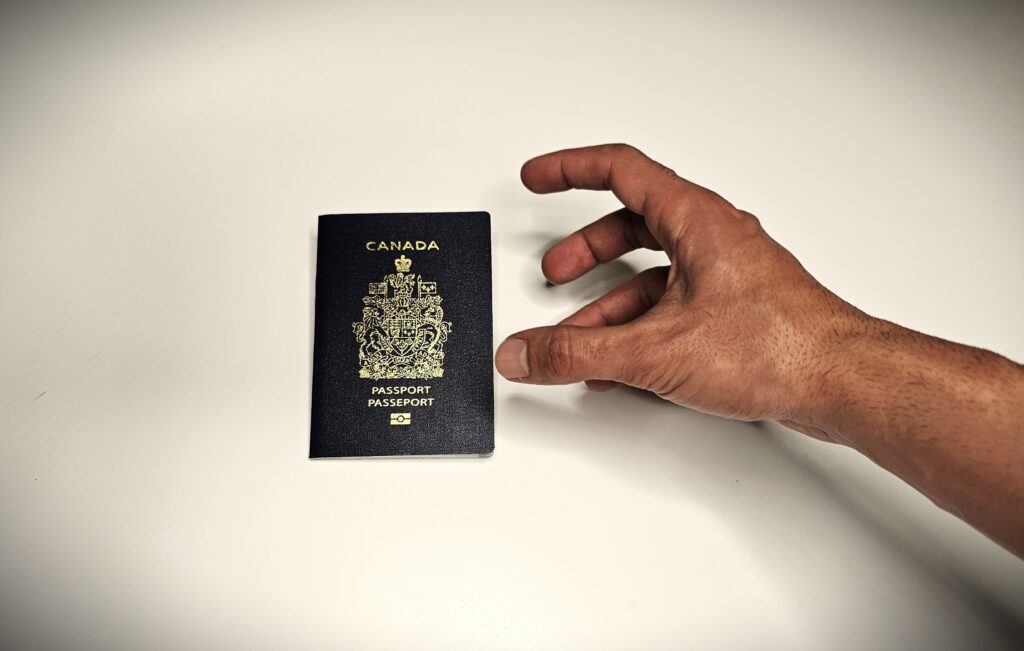
Listen to the whole story here:
The rapidly changing policies governing the Canadian immigration system, have left many newcomers navigating a complicated system amid heightened uncertainty — at a time when a Nanos Research survey suggests 64 per cent of Canadians want fewer immigrants to come to Canada in 2025 compared to 2024.
The system is like a roller coaster, said Burcu Akyol, a Regulated Canadian Immigration Consultant.
“One of our biggest challenges as immigration consultants is the constantly shifting landscape of immigration policy, because what may be good advice today could become outdated a month later,” said Akyol.
Canada has seen a record influx of immigrants, between 2016 to 2021. According to Statistics Canada, there were almost 500,000 new permanent immigrants in 2023, compared with 800,000 new non-permanent residents, including international students and temporary foreign workers.
Canada’s population grew by 3.2 per cent in one year to reach 40.7 million in 2023 — the highest growth since 1957, according to Statistics Canada. Immigrants accounted for 97 per cent of this growth, the agency said, while birth rates contributed only three per cent.
Federal Immigration Minister Marc Miller began signaling changes at a press conference on Oct. 31, 2023 to limit immigration as a precaution against the slowing economy and the rising housing crisis following the pandemic. “We aim to build a system that is easier to navigate, with an inclusive and coordinated plan that aligns our immigration programs and policies with the needs of the country,” Miller said.
The Nanos’ survey, conducted between Aug. 30 and Sept. 2, reveals that Canadians’ reluctance to accept new immigrants is mainly due to economic factors. Nearly three-quarters of those polled who said immigration should be reduced cited housing affordability as a key issue. When the same question was asked in September 2023, 53 per cent of Canadians supported reducing the number of new immigrants until housing became more affordable, a 11 per cent increase from the previous year.
“The reality is that not everyone who wants to come to Canada will be able to—just like not everyone who wants to stay in Canada will be able to,” said Miller at a press conference on Sept.18 in Ottawa.
Fulden Ozsoylu came to Canada from Turkey in 2021 on a student visa. She studied International Business Management at Sheridan College and specifically chose a one-year program because it was all she could afford.
“I paid $21,000 for one year of college,” she said. Despite the cost, coming to Canada was essential for her, as she had struggled to build her career in international trade in Turkey and saw Canada as a great opportunity like millions.
Ozsoylu has worked as a supply chain analyst for a Canadian company for the last three years. She applied to the Express Entry program and is still awaiting her permanent residency (PR). Her application is still in the pool, delayed by the pandemic backlog and her chances decrease as she gets older each year. “I’m 36 years old and I have already lost that 40 points,” she said.
She works in a restaurant in addition to her supply chain job, working more than 80 hours a week. Ozsoylu, who has lost hope of obtaining PR, said the uncertainty she is experiencing is devastating.
“They’re going to kick us out in the end. We should leave the country and then start another life. It’s not fair! I have contributed a lot to this country by paying taxes, working and studying here as an international student,” said Ozsoylu.
“I would suggest to the people planning to come to Canada—I would say no because it’s not worth coming to Canada.”
OTR reporter, Fall 2024
This article may have been created with the use of AI tools such as Google Docs, Grammarly, and/or Otter.ai for transcription.

